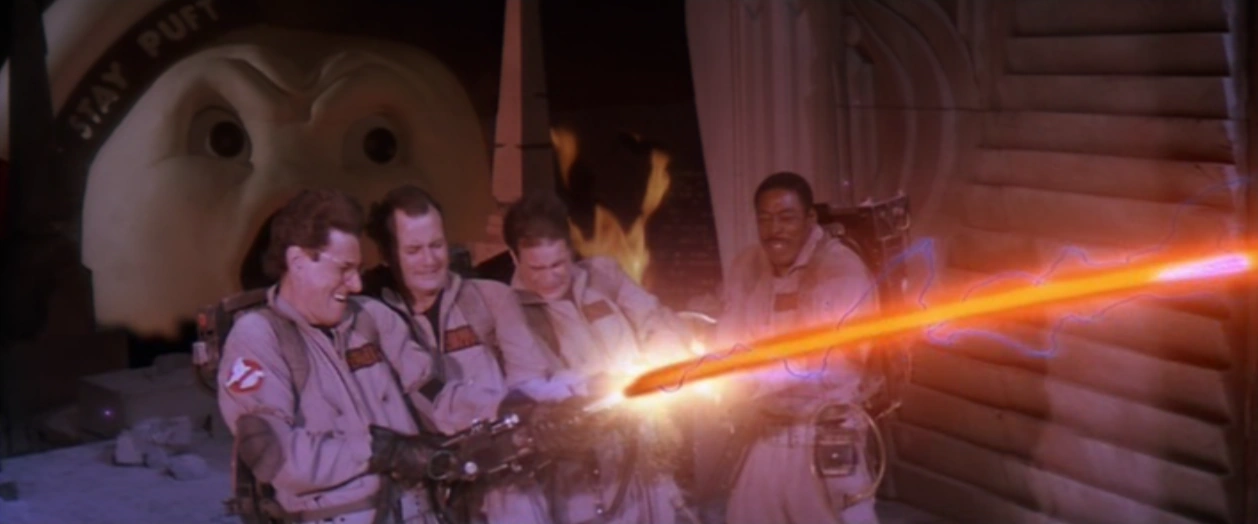Deacon Russell,
Grace and peace be with you, in the name of our Beloved.
We haven't interacted hitherto, save maybe by chance via comboxes. In the wake of your recent article on Mr Prever, which of course has already prompted other responses, I wanted to address a personal appeal to you.
I don't propose to examine your pieces at Crisis or Catholic Vote in detail; I loathe conflict, and even just watching the dispute between yourself and Mr Prever, who is a personal friend of mine, has been positively draining. (I've linked to them, so that readers can judge whether I have misconstrued what you have to say -- obviously you yourself are the best judge of that, but hardly need links to do so.) You've objected, both in the latter piece and in the comboxes of the replies penned by Melinda Selmys and Janet Smith, to replies that distort your meaning. I don't wish to do that; that is one of the reasons that I don't want to write a polemic. I would rather appeal to you from the heart, as a brother and indeed an elder brother, being a man in Holy Orders, to conduct yourself differently toward us.
I cannot read your heart. I don't claim to. But I am able to tell you about the practical effect of what you write, and, whatever your intentions, the practical effects matter too.
To begin with, you've been deeply hurtful. I can easily accept that this wasn't intentional, and it certainly isn't an argument. But, as a Catholic, it still ought to matter to you. Love may be willing to hurt the one it loves, if nothing else will serve to protect it, as a mother is willing to frighten her child with a scolding rather than see him run out into traffic; but love is never eager to do so, it always seeks to find the way to cause the least pain and to relieve it quickly. You've left the impression -- perhaps a false impression, but one that you ought to want to correct -- that you don't care one way or the other about hurting us.
This leads into one of the bad facts of preaching, one that I made mention of in my own article at Crisis in 2014. If it doesn't cost you anything to proclaim a truth, to the people who have to pay for that truth, what you say will always ring hollow. Is this fair? No. But it's the way things are.
Now, you've distinguished, and rightly, between public discourse and pastoral practice. But, while the two can be distinguished, they can't be separated. If the people who need you to pastor them see you discourse publicly in a way that makes them believe that you dislike them, scorn them, pass judgment on them, are scared of them, or are disgusted by them, they will never come to you to be pastored. I can tell you I wouldn't have done, as a scared teenager; I'd have been likelier to do what I very nearly did, that is, run away from the faith altogether, unable to bear being hurt any more. The fact that you never meant to hurt me, or would have treated me differently in person and in a pastoral context, is something I wouldn't have stuck around to find out.
And it is possible, after all, to conduct public discourse and even debate with courtesy, without sacrificing either the truth or frankness about it. It takes a lot of patience and a lot of energy; but it's far more effective.
Brother, Deacon, I beg you, I implore you, on the edge of tears: take thought for the people who might need you -- for comfort, for support, for shelter, for courage -- whom you may be frightening away by the way you write. There is no embarrassment to be suffered by reconsidering your approach to either public discourse or pastoral practice. Surely all of us have room to grow in wisdom, in intelligence, in charity, and in divine grace.
And I would ask you, too, to take thought for us, the Spiritual Friendship crowd -- if I may reasonably extend its mantle to Mr Prever, and presumptuously extend it to myself: we have to pay the price of this truth every day, and not only in attempting a difficult and, for many of us, unexpected and unwanted vocation. We are attacked by fellow Catholics (I am not here speaking of yourself) for every facet of our trial, and attacked by LGBT people and allies outside the Church for believing what she teaches and saying so. To be written of as you have written, and declared to be under your watch for our errors, is bitterly discouraging. When admitted orthodoxy and chastity are not enough to protect us from censure, many of us ask ourselves, why do we struggle at all? How are we to have confidence in the love you profess? We need you to be in solidarity with us: to listen to us, to bind our wounds, to embrace us. Someone like me -- an ideal target for attack, given that I have trampled the tattered remnants of my chastity thirty times over -- needs it more than anybody. Please, please reconsider.
May the peace of the Lord Jesus be with you.
Gabriel









